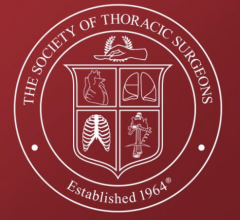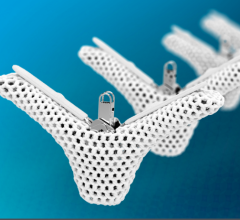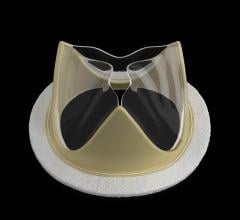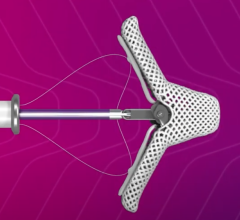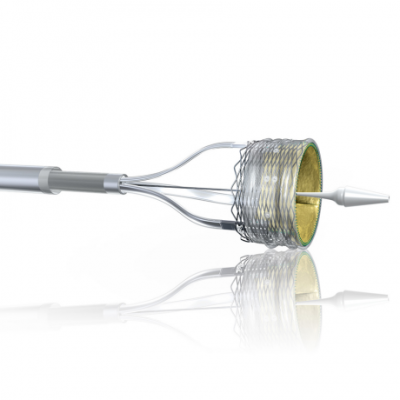
July 18, 2014 — Boston Scientific Corp. received CE mark and began the European commercial launch of its new 25 mm Lotus transcatheter aortic valve implantation (TAVI) System, complementing the currently available 23 mm and 27 mm valve sizes.
"Having the 25-mm size allows us to be more precise in selecting the appropriate valve, which we anticipate will further improve outcomes for our patients," said Dr. Nicolas Van Mieghem at Erasmus Medical Center, Rotterdam, The Netherlands.
Prior to full commercialization, a limited market evaluation of the 25-mm valve Lotus Valve System was performed in select hospitals across Europe and Australia. Feedback on the valve performance was favorable from all implanting physicians.
"We have seen great results in the patients we have treated with the 25 mm Lotus Valve System," said Dr. Sabine Bleiziffer from the German Heart Centre in Munich, Germany. "What I really like about the Lotus valve is that it provides a high level of precision during implantation, allowing me to feel in control. We look forward to treating more patients with this valve."
"The Lotus valve design helps simplify the procedure with the ability to assess valve functionality before release," said Prof. Dr. Peter Wenaweser from the Inselspital in Bern, Switzerland. "Adding a 25-mm valve makes sizing and valve selection even more precise."
Six-month outcomes of the REPRISE II clinical study were presented in May at EuroPCR in Paris. REPRISE II is evaluating the Lotus Valve System in symptomatic patients with severe aortic valve stenosis considered at high risk for surgical valve replacement. The study demonstrated that the Lotus Valve System delivered sustained safety and effectiveness outcomes out to six months, with only 1.1 percent of patients having moderate paravalvular aortic regurgitation as assessed by an independent core laboratory. No severe cases occurred.
For more information: www.bostonscientific.com

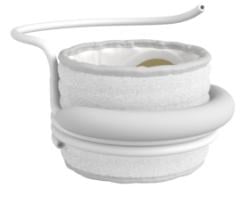
 December 24, 2025
December 24, 2025 



